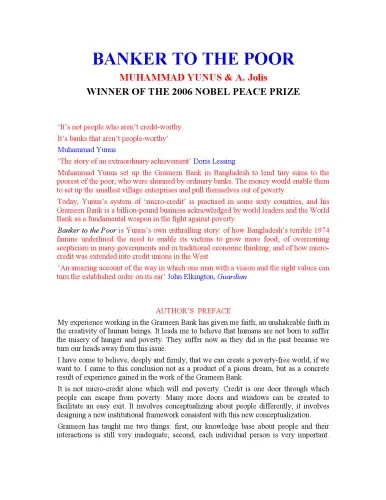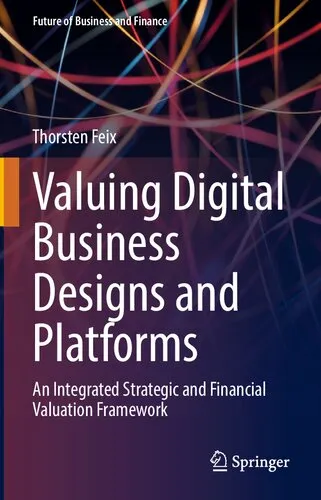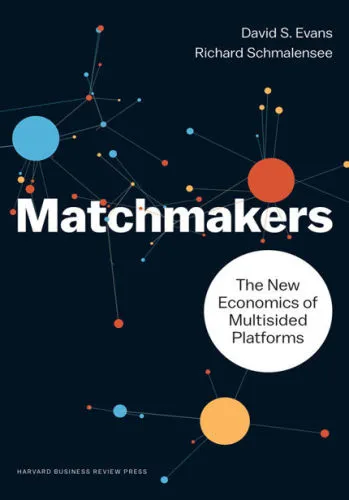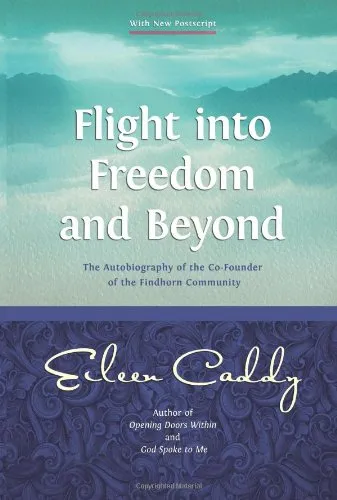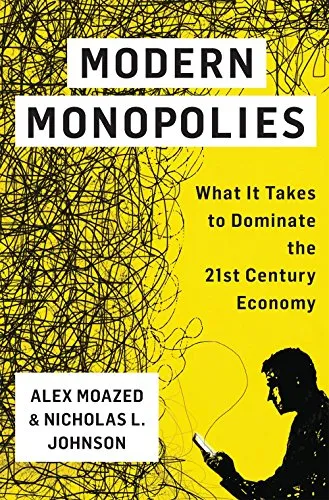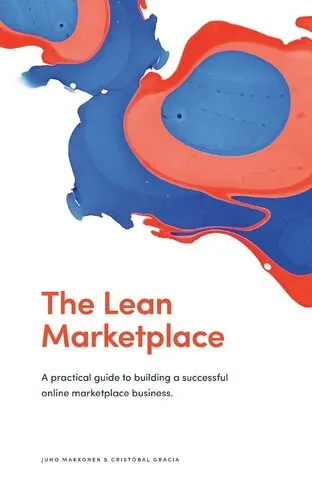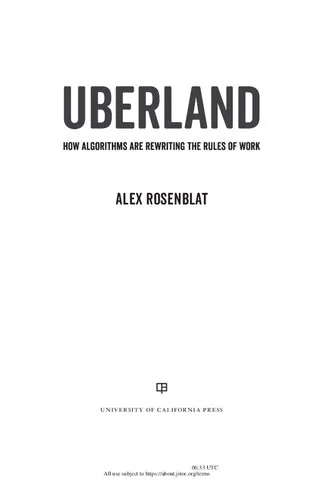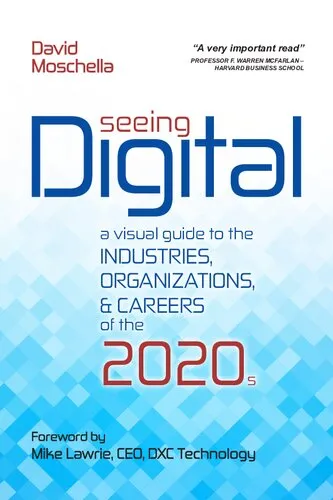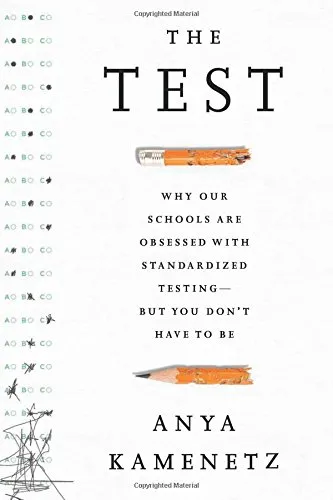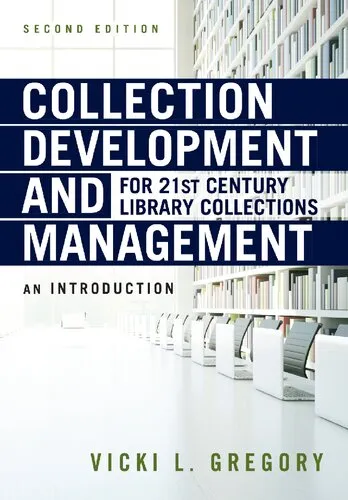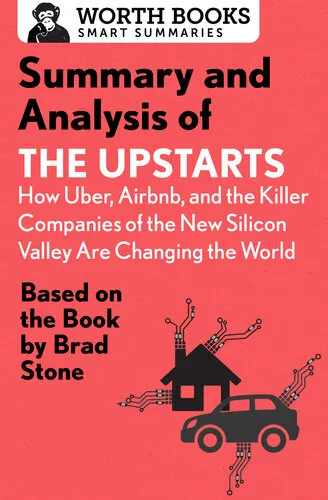Banker to the Poor: The Autobiography of Muhammad Yunus, Founder of Grameen Bank
4.5
Reviews from our users

You Can Ask your questions from this book's AI after Login
Each download or ask from book AI costs 2 points. To earn more free points, please visit the Points Guide Page and complete some valuable actions.Related Refrences:
Introduction to "Banker to the Poor: The Autobiography of Muhammad Yunus, Founder of Grameen Bank"
In his inspiring autobiography, "Banker to the Poor," Muhammad Yunus, the visionary founder of Grameen Bank, charts an extraordinary journey from humble beginnings in Bangladesh to becoming a global icon of social innovation. This book is not just a personal memoir but a manifesto for a revolutionary approach to alleviating poverty and empowering the world’s most economically marginalized populations. Spanning several decades, Yunus details his practical yet revolutionary idea that microcredit could transform societies by enabling the poorest of the poor to become financially independent.
Detailed Summary of the Book
Muhammad Yunus begins the narrative with his early life, explaining his motivations for pursuing economics as an avenue to make a tangible difference in the world. The book then chronicles Yunus's time as a young economist, during which he becomes acutely aware of the limitations of traditional economic theories in addressing the dire poverty he witnessed daily.
In the 1970s, Yunus embarked on a radical experiment that would eventually grow into the Grameen Bank. Noticing the destructive cycle of poverty and loan sharks in Bangladeshi communities, he launched a pilot project, lending small amounts of his own money to local women artisans. These microloans proved transformational, revealing that even the smallest amount of capital could enable recipients to start small businesses and achieve financial self-sufficiency.
Yunus describes the profound impact these microloans had, not only financially but socially, empowering women who were traditionally excluded from the banking system. The book provides a detailed account of the trials and triumphs associated with establishing and expanding the Grameen Bank, sharing insightful anecdotes about the borrowers whose lives were transformed.
Key Takeaways
- Microcredit as a Catalyst: Yunus convincingly argues that access to microloans is a crucial tool for enabling self-sufficiency among impoverished individuals.
- Empowering Women: The book emphasizes the powerful role women play in economic development when given access to financial resources.
- Innovative Approaches to Poverty Alleviation: Yunus encourages innovative thinking and challenges conventional economic models in tackling global poverty.
- Social Business: Highlighting the importance of businesses driven by social objectives, not just profit maximization, as a sustainable approach to economic development.
Famous Quotes from the Book
“Poverty does not belong in a civilized human society. Its proper place is in a museum. That's where it will be.”
“If you look at poverty as a big ocean, you feel it's beyond your control. But if you could narrow it down to a clear-water pond, there's a feeling that it's manageable. Microcredit is that pond of clear water.”
Why This Book Matters
"Banker to the Poor" holds a significant place in the discourse on economic development and social entrepreneurship. By documenting the evolution of the Grameen Bank and illustrating authentic stories of personal transformation, the book serves as a guide and inspiration to policymakers, economists, and social entrepreneurs. It asserts the importance of redefining poverty and challenging the rules that exclude marginalized communities from participating in financial systems.
Yunus’s commitment to social change and economic empowerment resonates deeply with individuals seeking innovative solutions to global challenges, making "Banker to the Poor" a timeless and influential read for anyone interested in making a meaningful, positive impact on society.
Free Direct Download
You Can Download this book after Login
Accessing books through legal platforms and public libraries not only supports the rights of authors and publishers but also contributes to the sustainability of reading culture. Before downloading, please take a moment to consider these options.
Find this book on other platforms:
WorldCat helps you find books in libraries worldwide.
See ratings, reviews, and discussions on Goodreads.
Find and buy rare or used books on AbeBooks.
1423
بازدید4.5
امتیاز0
نظر98%
رضایتReviews:
4.5
Based on 0 users review
Questions & Answers
Ask questions about this book or help others by answering
No questions yet. Be the first to ask!
